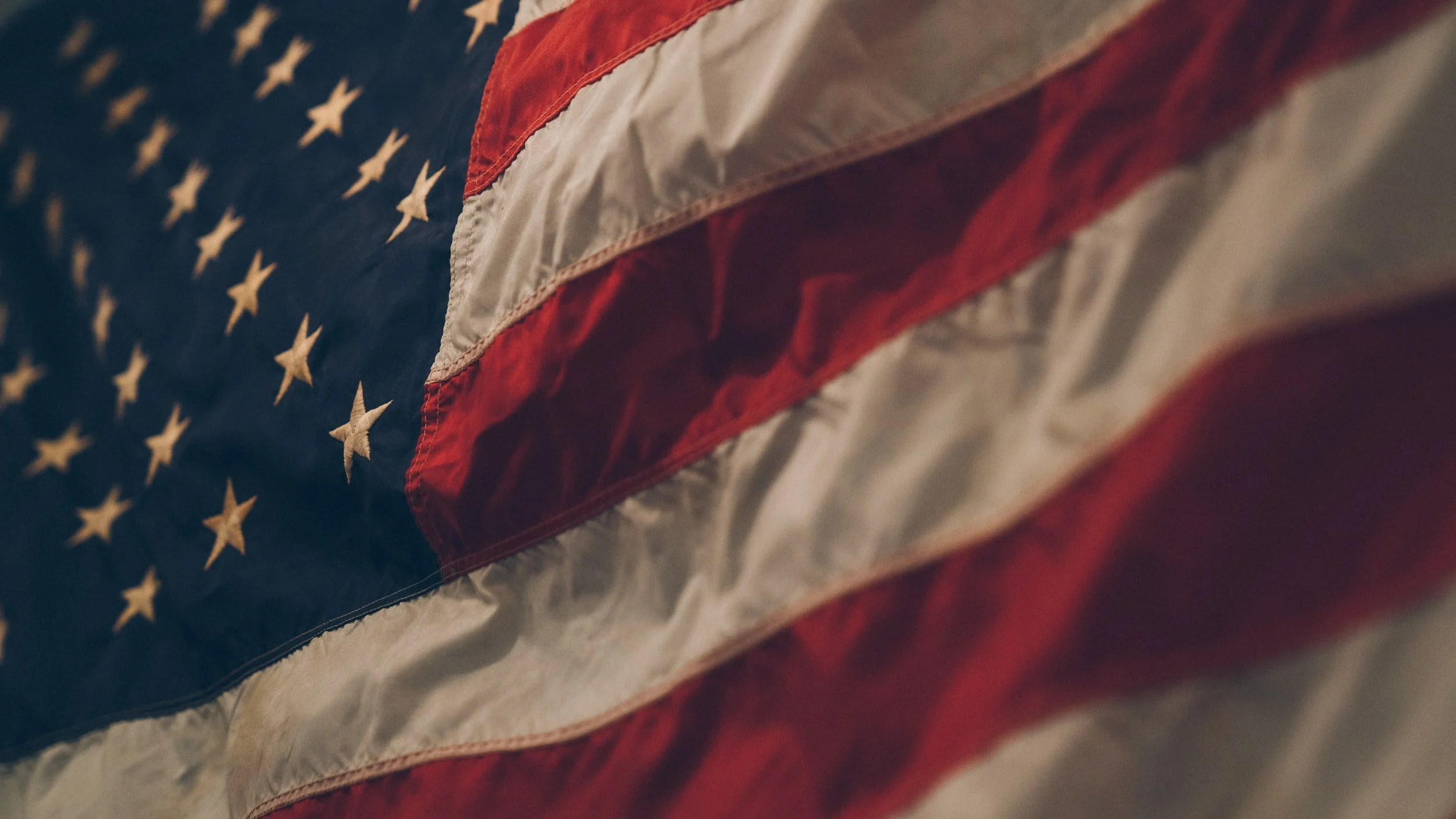Welcome
Welcome to Community Sponsorship!
Thank you for joining Refugee Assistance Alliance (RAA) as a Community Sponsorship Team (CST)! We believe that this is “the hardest job you’ll ever love”. Your team will be providing community, care, and practical assistance for a family or group of clients who have just been through one of the hardest challenges of their lives. You will walk alongside them in their resettlement journey as a friend, mentor, and helper. We hope to set your team and your assigned refugee family up for success through this manual, our training, our Navigating the USA curriculum and resources, and our ongoing check-ins and coaching. Thank you for being an integral part of welcoming and assisting refugees in South Florida!
Who are refugees and how do they come to the U.S.?
A refugee is a forced migrant, someone who has proved to multiple governing bodies (beginning with the United Nations and then to their specific host country’s government) that they cannot return to their home country due to a well-founded fear of war or persecution. Actual refugee status (as opposed to a “lower case r refugee”, a term applied to many other types of migrants) is an internationally-recognized status that denotes a special type of immigrant. Refugees who arrive in the U.S. through the U.S. Office of Refugee Resettlement have been rigorously vetted by several government agencies, including the State Department, FBI, and Department of Homeland Security, and arrive fully legal and on a path to U.S. citizenship. They are allowed to work, qualify for numerous benefits (even if only for the short term), and are initially provided for through government funds. Refugees coming to the U.S. are resettled through a Resettlement Agency and receive 90 days of official support through the Reception & Placement program. RAA receives clients through a partnership with Church World Service, one of the main resettlement agencies in the U.S.
Refugees are people, just like you and your team, who were part of large extended families, had roles in their communities, have various education levels and skills, and various personalities, dreams, and definitions of success for themselves and their children. They were unlucky enough to see their home country fall into war or themselves or their family be persecuted, but lucky enough to be selected for resettlement into a new country. Less than 1% of the more than 26 million refugees worldwide are resettled into a third country like the refugees you will be working with.

